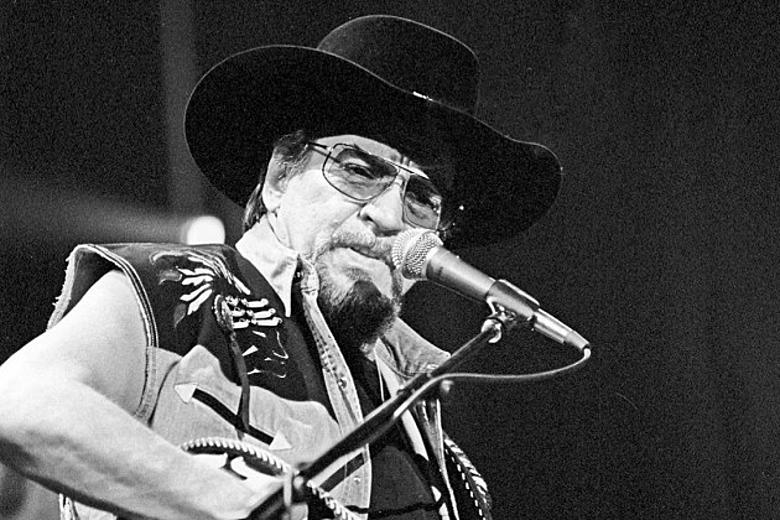
A Reckoning with Tradition: The Outlaw’s Call for Authenticity
In August 1975, a defiant question echoed across the airwaves, a challenge to the very soul of country music: Waylon Jennings’ “Are You Sure Hank Done It This Way.” Released as the lead single from his pivotal album, Dreaming My Dreams, this track became an instant anthem, soaring to the top of the country charts, marking Jennings’ third solo number one and holding a steady presence for sixteen weeks. It even crossed over, making a respectable showing on the Billboard Hot 100, peaking at number 60. But its true significance lies not just in its chart performance, but in its audacious spirit and profound influence.
“Are You Sure Hank Done It This Way” is, as Rolling Stone so aptly put it, “the closest thing outlaw country has to an official statement.” It was a visceral pushback against the Nashville establishment, a direct critique of the prevailing “Nashville Sound” that prioritized polished, pop-friendly production over raw, authentic expression. Jennings, a driving force behind the burgeoning Outlaw movement, penned the song on the back of an envelope, capturing his frustration with the direction country music had taken. For years, the industry had seemingly been caught in a loop of “rhinestone suits and new shiny cars,” a repetitive cycle that stifled creativity and genuine artistry.
The song is both a heartfelt homage to the enduring legacy of Hank Williams Sr. and a sharp indictment of the perceived superficiality of 1970s country music. Jennings was a profound admirer of Williams, considering him an “outlaw hero” whose strength of songs and soulful voice had deeply impacted him from an early age. Yet, as Jennings traversed “ten years on the road, makin’ one-night stands,” he found the romanticized allure of a musician’s life quickly replaced by the harsh realities of constant touring, mounting debt, and failing relationships. He questioned whether Hank Williams, the very icon of country music authenticity, would have endured such a system, constantly asking, “Did ol’ Hank really do it this way?”
The lyrical progression of the song mirrors Jennings’ escalating doubt and conviction. It begins with a mere questioning, “But I don’t think Hank done it this way,” gradually intensifying to “Are you sure Hank done it this way? Did ol’ Hank really do it this way?” until it culminates in a firm statement, “I don’t think Hank done it this way.” This isn’t just a lament; it’s a call for change, a plea for country music to reclaim its roots and embrace the unvarnished truth that artists like Williams embodied. Jennings himself noted that it took him “10 years to think it up,” even if he wrote it in just ten minutes, underscoring the deep-seated frustrations and reflections that fueled its creation. “Are You Sure Hank Done It This Way” became a rallying cry for those who believed in the power of raw emotion, unfiltered storytelling, and the unyielding spirit of true country music, cementing Waylon Jennings’ place as a visionary who dared to challenge the status quo.